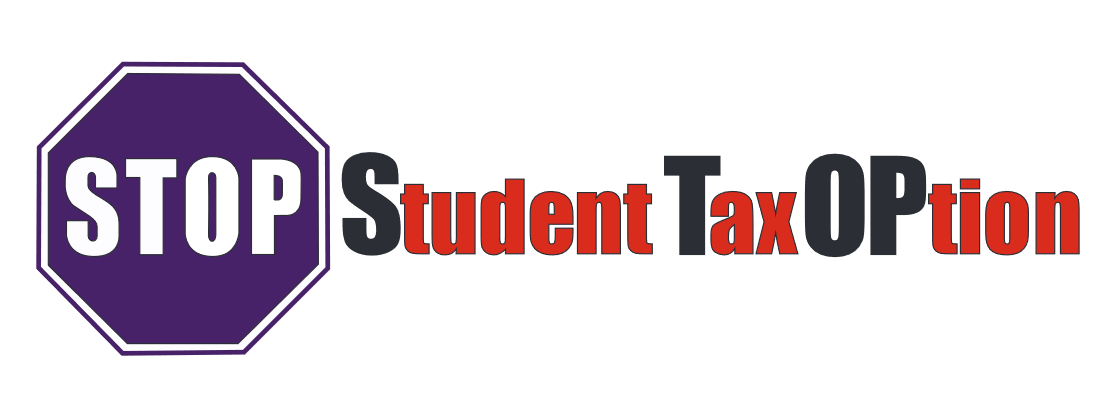Federal student loan lenders and private student loan lenders control the educational future of many student borrowers who cannot otherwise afford higher education. The private student loan market is worth $130 billion, accounting for more than one million loans. The federal student loan market is worth $1.5 trillion.
Federal student loans are loans made by the government. Federal student loan terms are in adherence to terms and conditions that are set by law. Federal student loans usually include benefits such as fixed interest rates and income-based repayment plans. Repayments do not become due until after graduation, school leave, or less than half-time enrollment status. In the event that the borrower experiences extreme financial hardship and is unable to make payments, payments can be temporarily postpone or lowered.
Private student lenders, on the other hand, are usually financial institutions such as Wells Fargo, SoFi, and Sallie Mae. Student borrowers may be forced to obtain private student loans to help cover expenses federal loans do not cover. Student borrowers may also seek private student loans after complications with federal student loan application paperwork. Although many private student lenders require payments while the borrower is still in school, some permit the borrower to defer payments while in school.
The CARES Act
The COVID-19 global pandemic quickly devastated the economy by forcing many businesses to close abruptly. Millions of people have had to file for unemployment as they quickly scramble to obtain other employment to cover their expenses.
In response to the overwhelming financial strain, the Coronavirus Aid, Relief, Economic Security (CARES) Act was signed into law on March 27, 2020. The CARES Act is a $2 trillion economic relief package that provides assistance to workers, families, and businesses. Additionally, the CARES Act has ordered that collections on federal student loan repayments be suspended through September 30, 2020.
Private student loan lenders, however, are not required to suspend payments or cease charging interest on loans for borrowers who have lost their jobs and income due to the COVID-19 pandemic. While some private lenders are allowing 30 day, 60 day, or 90 day forbearance, no private lenders are waiving interest.
Private Student Loan Lenders Dilemmas
Private student loan lenders inability or unwillingness to become flexible in its repayment options not only brings stress to the borrower, but also harm to its reputation.
1. High Interest Rate
As previously stated, private student loan lenders not waiving interest; but some are allowing forbearance. Private student loan lenders service a much higher interest rate than federal student loan interest rate. Private student loans carry an average 11% interest rate, while federal student loans term 4.53% interest rate.
As a result of private student loan lender response to the COVID-19 pandemic, borrowers of private student loans will likely end up owing more after the pandemic than they did before the pandemic’s impact. Disturbingly, there are even some private student loan borrowers whose monthly payment will increase by thousands of dollars.
2. Public Relations
The lack of compassion and empathy for student borrowers from private student loan lenders has been particularly troubling. Through its response to the COVID-19 pandemic, private lenders have shown they cannot be trusted to be an advocate for student funding and education.
Unbeknownst to many borrowers, however, is that private lenders often cannot suspend interest due to its contractual obligation to make payments to the investors who hold the loans. Nevertheless, it does not make financial institutions serving as private lenders look honorable to accommodate the global crisis.
The only private provider that has shown compassion is Discover Student Loans. Discover Student Loans implemented the skip-a-pay program. The skip-a-pay program allows borrowers to pause payments for two months with 0% interest.
While private lenders may be contractually obligated to pay investors, it is troubling that normal business is not adjusting as the globe is trying to find its new normal.
Conclusion
In closing, the inability of private student lenders to show compassion and empathy for its borrowers adversely impacted by the COVID-19 pandemic is disturbing to the world. The borrowers feel as though they are stuck in a trap; and the institution lender’s consumer reputation is tarnished.

